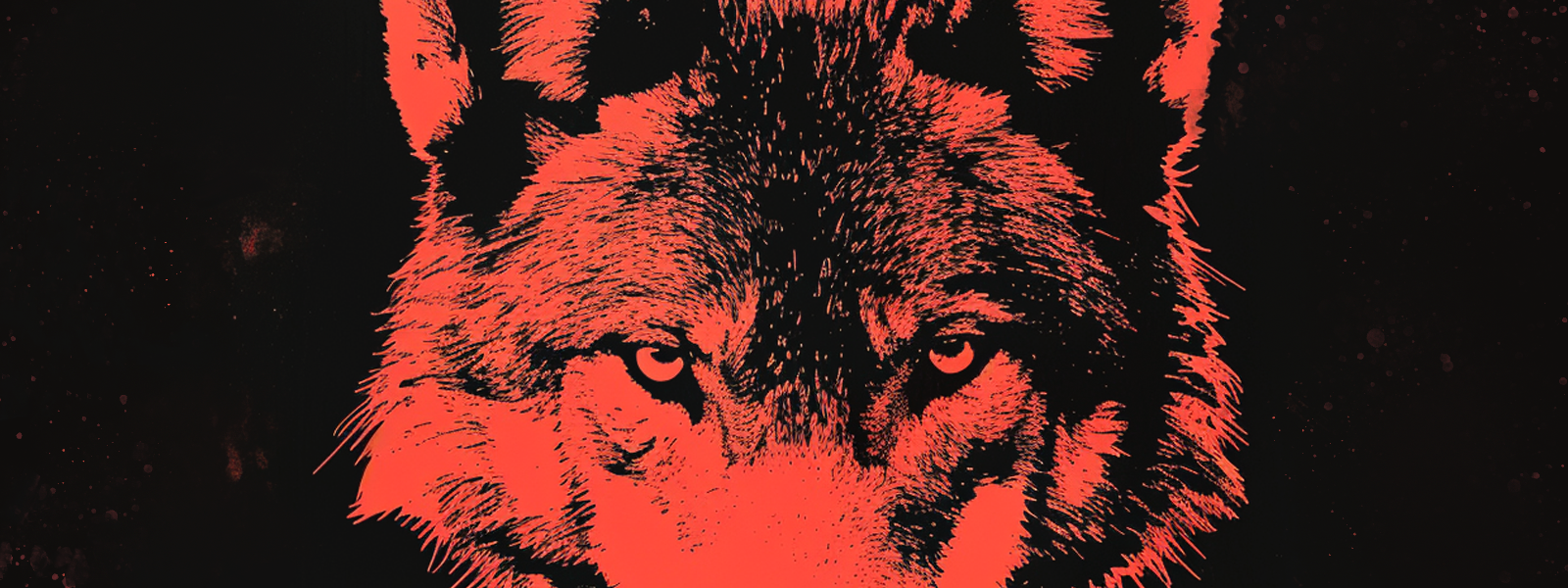A Glimpse Back in Time : The Bloody History of the Helvetii
Germanic tribes launch devastating raid after devastating raid into your lands. Whole families are pressed into slavery. Women raped and slaughtered. Children left abandoned for dead. Decades worth of agriculture, up in smokes. You try to defend against them, but they remain elusive or, when met in pitched battle, overwhelm your armies. You're left with two choices: stay and slowly be devoured or move elsewhere and risk conflicts with unknown enemies.
The Helvetii, faced with such a situation in 60BC, decided to move West in the hopes of resettling along the Atlantic coast, slaughtering its inhabitants and claiming those lands for themselves. After asking for safe passage through other tribe's lands, they made their move over hundreds of kilometers of rough terrain carrying their entire lives on their backs. Bedding. Clothes. Crafts equipment. Grandmothers. They moved slow.
The newly elected consul of Gaul, Julius Caesar, saw this migration as an opportunity to grab more land and prove his martial prowess. He stalled them with peace negotiations while he gathered more legions in secret. After his forces were in place, he rejected their pleas for peace and waited for them to move into Roman-held territory without permission. They did as he expected, provoking the war that he plotted for.
Sevaral Roman legions ran them down as they sought escape, killing a quarter trapped on the wrong side of the river. The remaining 3/4 would eventually be destroyed in the ensuing battles where Caesar exacted likely devestating losses, including of the old, women, and children. While Caesar puts the numbers of slain in the hundreds of thousands, historians place it more in the 100,000 range, although even this is contested. Of the survivors, tens of thousands were taken as slaves. The remaining scraps of the Helvetii tribe were sent back to their home area. In a single campaign that lasted less than a year, an entire people were nearly ground to extinction by a greedy, crafty enemy.
But let's not offer them too much sympathy, for this was precisely the strategy that the Celts themselves had employed for millenia: genocide of their enemies to gain territory, wealth, and glory for their own people. This was the ethos of the age in antiquity: zero-sum, brutal tribal wars.
That's not to say that these tribes were in a constant state of war. There were periods of relative peace and security, sometimes a decade or longer, but those periods were punctuated by war and tumult. Even the Helvetii, who you'd think would've had obedience squarely beaten into them, would rise up again against the Romans when a new Celtic hero emerged from their ranks: Vercingitorix. Although the upstart fought well, winning even in sevaral engagements against Caesar, his forces were eventually destroyed and Vercingitorix publicly executed in Rome.
Although this is history from over 2000 years ago, it remains relevant today. Why? Because genetically, we haven't changed significantly and, thus, our impulse towards tribalism, genocide, greed, and violence remain buried deep within our own psyches and our cultures. Although we've moved past such barbarism to some extent, behavior can only venture so far from the genetic tree. Thus, we are beasts.
Another point gleaned from a revisit to Celtic history: we're lucky, unbelievably lucky, to be alive now. Unfortunately, that's not a commonly shared sentiment. A stroll through Twitter, Reddit, or even chatting with my friends, many have a sense that we're on the verge of apocalypse. But statistically, it couldn't be further from the truth. Life is good in ways that people living a thousand years ago, including kings, could hardly imagine. That's not to say that life's perfect. Perfection's a horizon that we'll never reach, but relative to massive, genocidal wars going on with little respite for centuries, even the conflict in Ukraine seems tame in comparison.
These are the two points that a look back at history's given me:
- Humans are animals. As depressing as it sounds, history's shown us that having lofty expectations of utopian worlds where justice and equality reign free are never going to happen, at least as long as our DNA doesn't make a rapid change.
- Life is good. We've made a lot of progress to reign in those baser tendencies, creating a world of unparalleled wealth, stability, and plenty. By 2030, for instance, the UN predicts that absolute poverty will be exterminated. As a point of reference, absolute poverty's what most of the world's been living with for thousands of years. We went from almost everyone living on the verge of starvation to almost none in less than 150 years.
